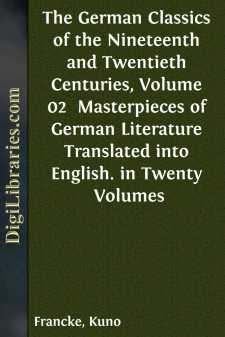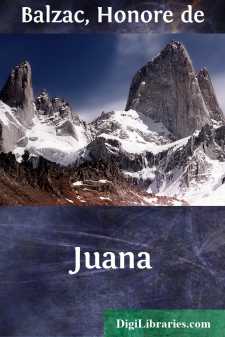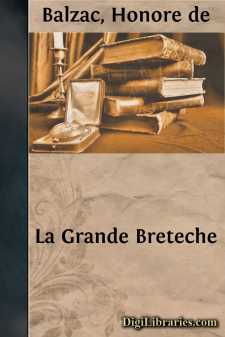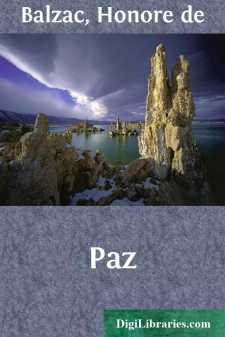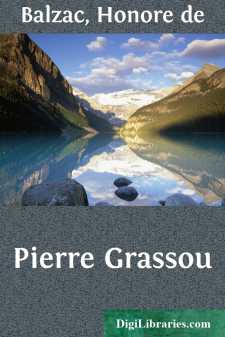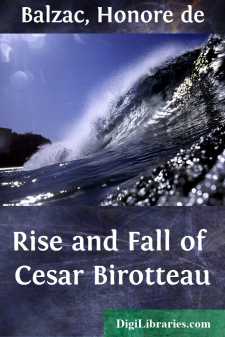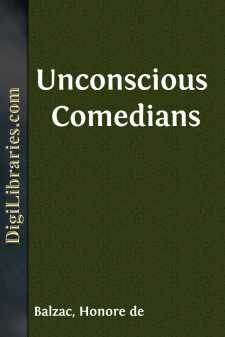Literary Collections
- American 84
- Ancient, Classical & Medieval 14
- Asian 1
- Australian & Oceanian 1
- Canadian 55
- Continental European
- English, Irish, Scottish, Welsh 179
- Essays 160
- General 24
- Letters 46
- Middle Eastern 1
Continental European Books
Sort by:
by:
Calvin Thomas
PREFACE This book is designed to accompany an introductory study of the history of German literature. It is assumed that the history itself will be learned, so far as necessary, either from lectures or from some other book devoted to the subject. As the selections were made, for the most part, while I was writing my own short history of German literature for the series published under the general...
more...
by:
Various
THE ROMANTIC PHILOSOPHERS—FICHTE, SCHELLING, AND SCHLEIERMACHER By FRANK THILLY, PH.D., LL.D. Professor of Philosophy, CornellUniversity The Enlightenment of the eighteenth century had implicit faith in the powers of human reason to reach the truth. With its logical-mathematical method it endeavored to illuminate every nook and corner of knowledge, to remove all obscurity, mystery, bigotry, and...
more...
by:
Kuno Francke
CHAPTER I Edward—so we shall call a wealthy nobleman in the prime of life—had been spending several hours of a fine April morning in his nursery-garden, budding the stems of some young trees with cuttings which had been recently sent to him. He had finished what he was about, and having laid his tools together in their box, was complacently surveying his work, when the gardener came up and...
more...
by:
Honore de Balzac
CHAPTER I. EXPOSITION Notwithstanding the discipline which Marechal Suchet had introduced into his army corps, he was unable to prevent a short period of trouble and disorder at the taking of Tarragona. According to certain fair-minded military men, this intoxication of victory bore a striking resemblance to pillage, though the marechal promptly suppressed it. Order being re-established, each regiment...
more...
by:
Honore de Balzac
LA GRANDE BRETECHE "Ah! madame," replied the doctor, "I have some appalling stories in my collection. But each one has its proper hour in a conversation—you know the pretty jest recorded by Chamfort, and said to the Duc de Fronsac: 'Between your sally and the present moment lie ten bottles of champagne.'" "But it is two in the morning, and the story of Rosina has...
more...
CHAPTER I THE CHILDREN KNOCK AT THE DOOR Early in the morning through the autumnal mist two children of six or seven years are wending their way, hand in hand, along the garden-paths outside the village. The girl, evidently the elder of the two, carries a slate, school-books, and writing materials under her arm; the boy has a similar equipment, which he carries in an open gray linen bag slung across...
more...
by:
Honore de Balzac
I In September, 1835, one of the richest heiresses of the faubourg Saint-Germain, Mademoiselle du Rouvre, the only daughter of the Marquis du Rouvre, married Comte Adam Mitgislas Laginski, a young Polish exile. We ask permission to write these Polish names as they are pronounced, to spare our readers the aspect of the fortifications of consonants by which the Slave language protects its...
more...
by:
Honore de Balzac
PIERRE GRASSOU Whenever you have gone to take a serious look at the exhibition of works of sculpture and painting, such as it has been since the revolution of 1830, have you not been seized by a sense of uneasiness, weariness, sadness, at the sight of those long and over-crowded galleries? Since 1830, the true Salon no longer exists. The Louvre has again been taken by assault,—this time by a populace...
more...
by:
Honore de Balzac
During winter nights noise never ceases in the Rue Saint-Honore except for a short interval. Kitchen-gardeners carrying their produce to market continue the stir of carriages returning from theatres and balls. Near the middle of this sustained pause in the grand symphony of Parisian uproar, which occurs about one o'clock in the morning, the wife of Monsieur Cesar Birotteau, a perfumer established...
more...
by:
Honore de Balzac
UNCONSCIOUS COMEDIANS Leon de Lora, our celebrated landscape painter, belongs to one of the noblest families of the Roussillon (Spanish originally) which, although distinguished for the antiquity of its race, has been doomed for a century to the proverbial poverty of hidalgos. Coming, light-footed, to Paris from the department of the Eastern Pyrenees, with the sum of eleven francs in his pocket for all...
more...




